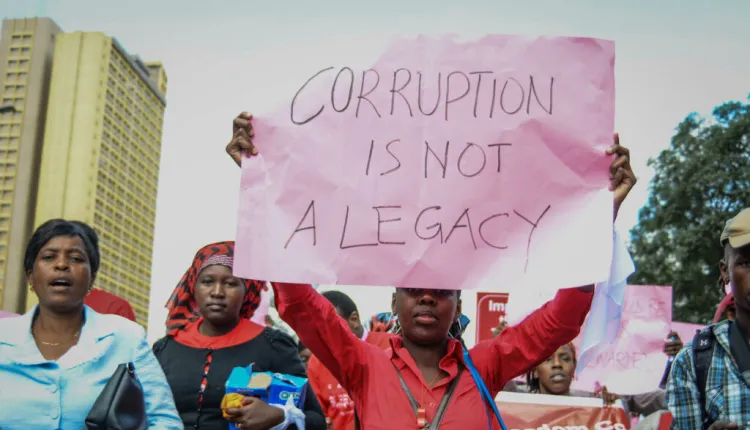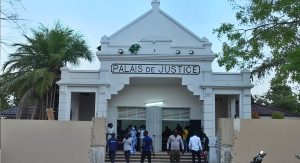Gambiaj.com – (Banjul, The Gambia) – In what appears to be a response to growing public and institutional pressure, the government of The Gambia has announced significant progress in finalizing appointments to the long-awaited Anti-Corruption Commission (ACC). The move comes amid mounting calls for concrete action against entrenched corruption in public institutions.
The Ministry of Justice confirmed this week that the vetting process to select the chairperson and two commissioners for the ACC—mandated under the Anti-Corruption Act, 2023—is nearly complete.
A detailed selection process, initiated with a public call for applications in February, has narrowed down a pool of 52 candidates to eight highly qualified individuals, pending final approval by the President and National Assembly.
The establishment of the ACC is widely regarded as a test of the Barrow administration’s commitment to transparency and good governance.
The delay in setting up the commission, over a year after the passage of the enabling law, has raised concerns among civil society organizations, international partners, and a public increasingly weary of scandals involving misuse of public funds and weak institutional oversight.
Earlier this year, prominent civil society groups—including the Gambia Participates and the Association of Non-Governmental Organizations (TANGO)—issued joint statements urging the government to operationalize the commission without further delay.
Their demands followed a series of high-profile corruption allegations, including reports of procurement irregularities, misappropriation of COVID-19 relief funds, and questionable contract awards in key ministries.
Meanwhile, tension is still palpable in The Gambia following the recent protest organized by the youth-led group Gambians Against Looted Assets (GALA) aimed at demanding accountability over the country’s looted assets by former President Yahya Jammeh.
“These appointments are long overdue,” said a governance analyst in Banjul. “The government has made repeated promises to combat corruption, but until the ACC is fully functional and empowered to investigate and prosecute, those commitments remain largely symbolic.”
The Ministry of Justice has sought to reassure the public that the process has been rigorous and inclusive.
A Vetting Committee composed of representatives from both government and civil society was established to oversee the selection process. Gender equity was also factored into the selection, in line with broader national commitments to diversity and inclusion in public office.
According to the Ministry, interviews were conducted in April following the shortlisting of 29 candidates. The final eight candidates recommended for appointment bring expertise in law, finance, and governance—key sectors essential for the commission’s mandate.
While the Final Report from the Vetting Committee has been submitted to the Cabinet, it is now up to the President and the National Assembly to finalize the appointments. Observers note that political will at this stage will be crucial in determining whether the ACC becomes a transformative institution or a ceremonial one.
The ministry reiterated that the government “remains firmly committed to combating corruption in all its forms” and described the ACC as a “central pillar” in that effort. Still, critics argue that such declarations will ring hollow unless the Commission is given full independence, adequate resources, and a strong legal mandate.
The coming weeks will be closely watched by both domestic actors and international development partners, many of whom have linked future aid and investment to measurable improvements in governance and anti-corruption efforts.
For now, the public waits—hopeful that the long-promised Anti-Corruption Commission will finally be empowered to deliver real accountability.










